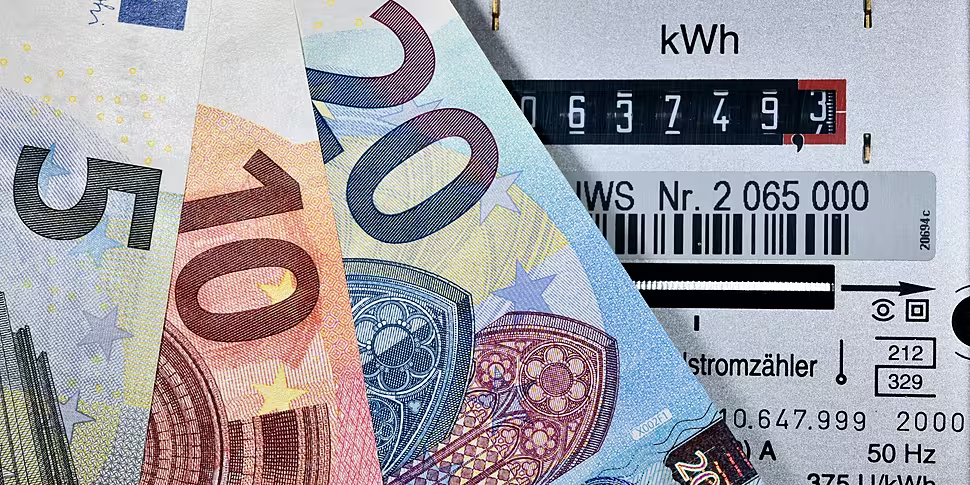People will receive electricity credits from next month, after President Michael D Higgins signed the bill into law on Friday.
The Electricity Costs Domestic Accounts Billwill see three payments of €150, including VAT, made to over 2.2 million households between December and April next year.
The credit will be applied automatically.
Households do not need to apply for it or contact their electricity supplier.
The first credit will be applied on December 1st and will appear on household bills during the following two-month period of either December or January.
The exact date will depend on the billing cycles of an individual household.
The second credit will be applied on January 1st 2024, with the third credit set for March 1st next year.
Changes
While credits are applied to a Meter Point Registration Number (MPRN) like previous years, there are two significant changes.
Previously, households whose electricity was supplied through 'sub-meters' were not eligible to get the credit.
This happens where a house has been divided and an independent meter has been provided, but the sub-meter is still connected to the main MPRN.
The Department of the Environment is establishing a Submeter Support Scheme, working directly with electricity suppliers, to ensure that 'sub-meter' households receive the same support.
A provision has also been included to identify houses that are considered vacant or empty, with extremely low or no electricity usage.
Properties with a very low level of electricity usage over four consecutive quarters will be identified as not needing the credits.
The Department has said the thresholds for very low electricity usage will take account of the use of basic appliances, to ensure that anyone using a fridge, cooker or typical lighting will still receive the payment.
Any account that is registered as a vulnerable customer, has a hardship meter installed or has low usage due to microgeneration will not have their payment withheld.
If an electricity credit is withheld in error, they can contact their supplier in the first instance who will review the decision.









